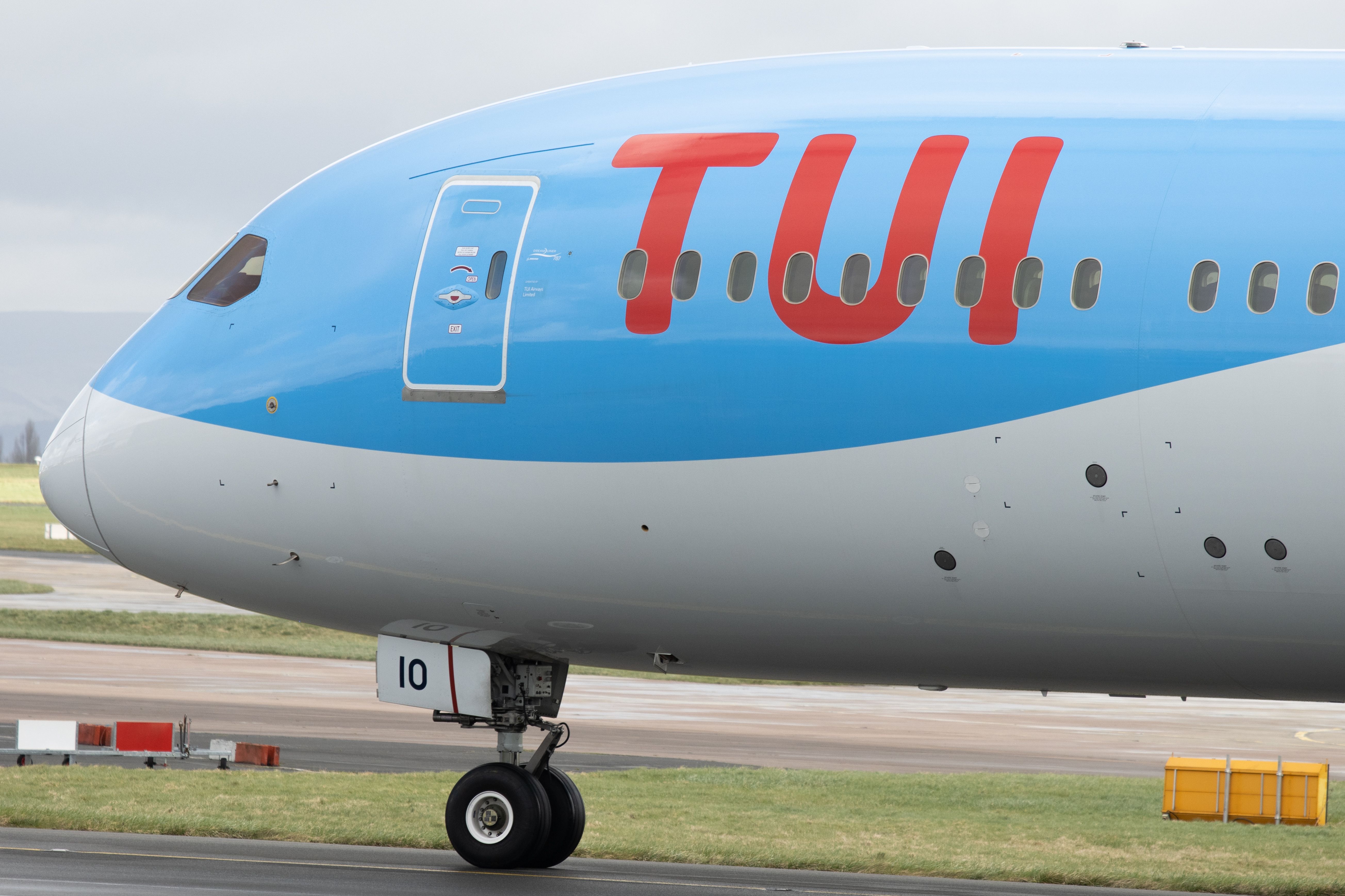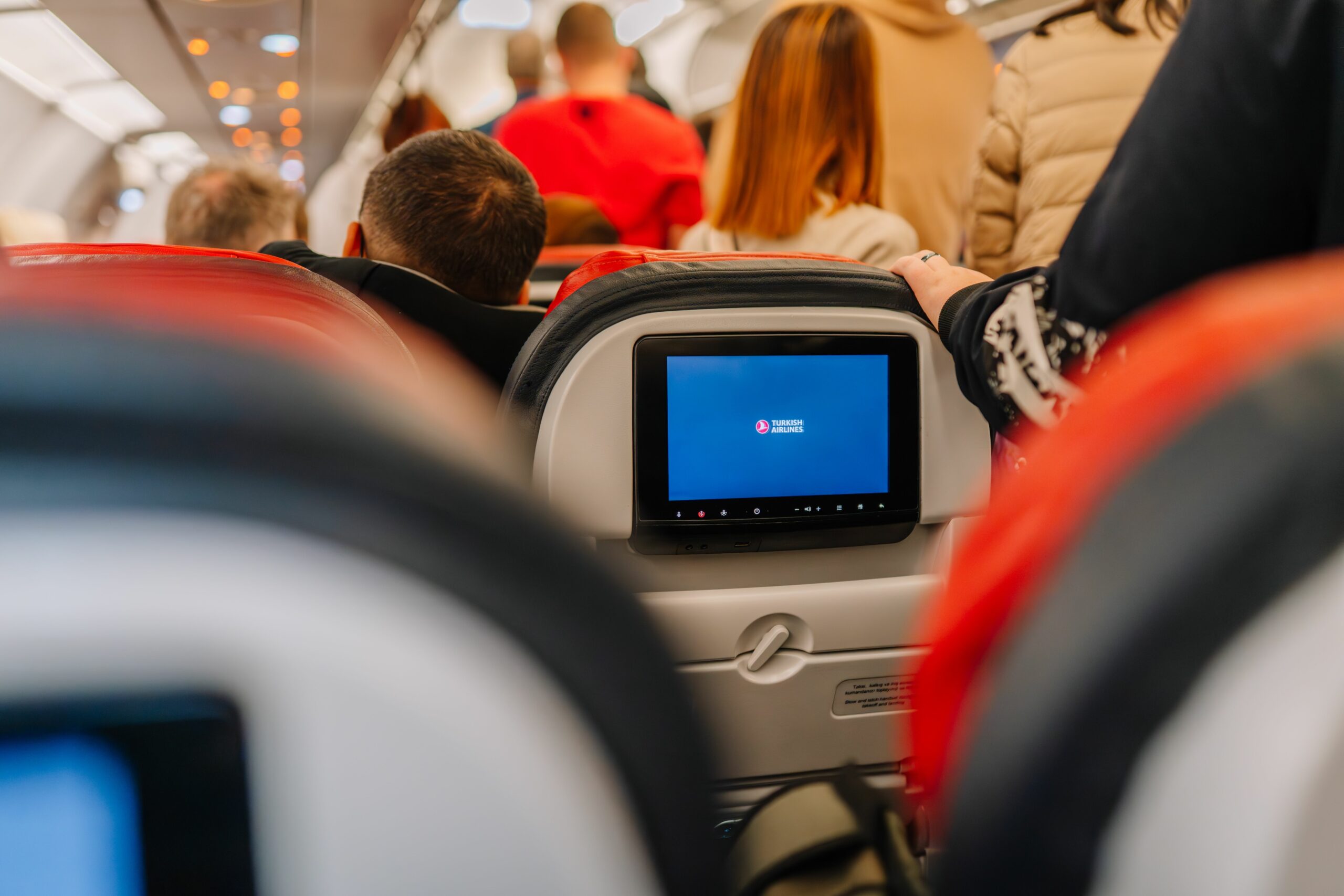When it comes to leaving a plane, passengers may be anxious to get up early, as they have been cooped up and unable to move freely for many hours in the case of long-haul commercial flights. However, for customers landing in Turkey, they should resist the urge to do so before the seat belt sign is turned off, as the country has begun fining impatient passengers who stand up too early.
As reported by The Washington Post, the Turkish Directorate of Civil Aviation has approved a circular on the subject, citing a significant increase in customers ignoring “the satisfaction and exit priority” of other passengers, and warns that fines have been authorized in cases where early risers flout the rules.
Early Bird Gets The Fine
Director General Kemal Yüksek has instructed cabin crews of planes landing in Turkey to issue warnings to passengers onboard. If passengers do not respect the “disembarkation priority of the passengers in front of or around” them, they will be reported to the authority, according to the new rules, and “an administrative fine will be imposed in accordance with the applicable legal regulations.”
The intent of the directive is to target passengers who get out of their seat before the aircraft has stopped taxiing, making exiting the aircraft safer and more orderly by targeting certain behaviors. Things that may be fined under these new rules for aircraft landing in Turkey include:
- Unfastening seat belts
- Standing up
- Opening the overhead compartments
- Crowding the aisle while the plane is still taxiing to the gate
- Standing up or proceeding into the aisle before the row’s turn to exit
The circular does not state how much passengers will be fined for doing one of the above things, but Turkish broadcaster, Halk TV, reported that it could be 2,603 Turkish lira, or $67.
Yüksek states that there has been a significant increase in reports of such behavior among passengers, which creates risk to “passenger and baggage safety and security” and disregards “the satisfaction and exit priority” of other passengers.
How Practical Is The Directive?
While the rules may seem unnecessarily punitive, there are legitimate reasons for the directive being put in place from a practical standpoint. Jennifer “Jaki” Johnson, a flight attendant for a major carrier, also the CEO and founder of Jetsetter Chic, spoke to The Washington Post about the issue in 2019, saying that “It is a safety issue,” especially as while the plane is in motion, cabin crew must notify the pilot whenever a passenger leaves their seat, meaning that impatient passengers can slow down the deplaning process.
The Washington Post has cited etiquette experts, who say that the right thing to do is wait for the rows ahead to exit before stepping into the aisle. They do make an exception for customers with tight connections to make, however, and recommend letting these passengers through. They note that after the seat belt sign is turned off, there is no harm in passengers standing and stretching their legs, especially if it is within their seat, and not in the aisle.
As mentioned in the video above, passengers have apparently been standing up to retrieve bags from the overhead compartments as soon as the wheels hit the runway. Therefore, it seems that this rule aims to reduce the likelihood of injury through bags falling on people or customers falling over as the aircraft lurch and bounces on the way to the gate. There is also the very real danger of runway excursions directly after landing, which can be much more dangerous if not strapped in.

You Might Also Like
TUI Airways Boeing 787 Dreamliner Suffers Taxiway Excursion After Aborted Takeoff At Melbourne Orlando Airport
The TUI Airways Boeing 787-9 returned to the United Kingdom on April 20.
Is Common Sense Less Common These Days?
While it may seem like common sense to most, it is curious that more people are not thinking these things through. The International Air Transport Association has called disruptive passengers “a significant problem”, and in 2017, when there was one incident reported for every 1,053 flights. There was also a spike in 2021, when passengers clashed with flight crews over mask mandates.
According to The Washington Post, the numbers have since dropped, and for good reason. However, they have been increasing again recently. In 2024, the Federal Aviation Administration (FAA) recorded nearly 900 reports of unruly behavior for the first nine months of 2024, which was more than all of 2018.
Many things have changed in society since 2018, and people’s patience seems to be shorter in general. It may be a symptom of a much more ‘on-demand’ world, where food and entertainment are available immediately. Where aviation safety is concerned, passengers would perhaps benefit from remembering that slow and steady wins the race, as deplaning an aircraft is an operation with a lot of ‘moving parts’.







